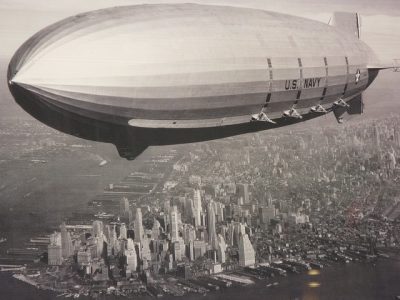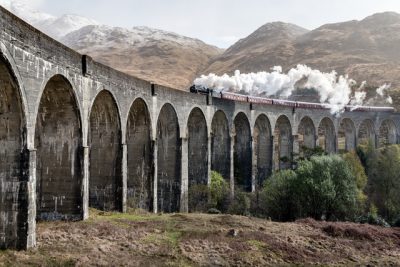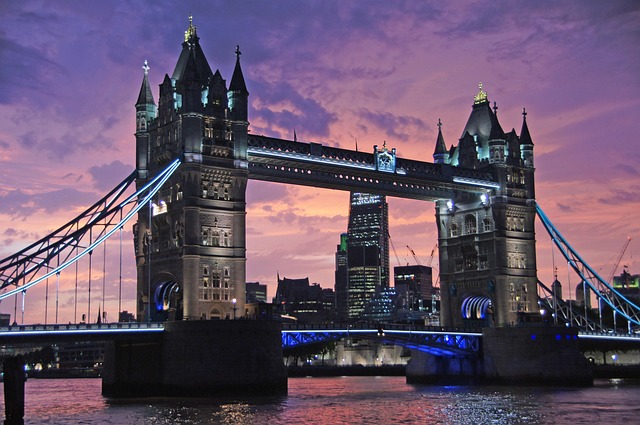 What is this modernity, which forever reshaped our society after the Great War of 1918, and guaranteed that architecture with a Corinthian order or flowering facade ornaments would never again be built, and where art, poetry and culture would no longer reflect the beautiful? From now on society would be functional and modern.
What is this modernity, which forever reshaped our society after the Great War of 1918, and guaranteed that architecture with a Corinthian order or flowering facade ornaments would never again be built, and where art, poetry and culture would no longer reflect the beautiful? From now on society would be functional and modern.
Even at the first sight of this functionalism, one realizes that it is hardly functional or even modern (what does that even mean?). Flat roofs are not very practical to protect from rain, and large windows do not protect against the cold, and the undersized kitchens are hardly suitable for cooking. Maybe the rain, the cold and the cooking would cease with the achievements of modernism?
Of course, there was some kind of ideology embedded in this new practical agenda. Maybe to prevent from understanding where the inspiration really came from? The early modern houses were largely a pastiche of Japanese architecture and aesthetics, while Picasso’s contemporary stylized portraits borrowed inspiration from African masks. Strangely enough, it was such orientalism and the search for something else that formed the thin base for what was later called modernism in art and architecture. But even its philosophy and culture rested on similarly fragile arguments.
 Early modernism celebrated great triumphs with the huge art-deco skyscrapers in New York. Or did these buildings constitute the decadent final stage of the previous era? It is not easy to say when ages and eras take turns. I will return to this in a while. In any case, we can state that Ernest Hemingway could never have written The sun also rises before the First World War. No one, like him, has described the lost generation, and the feeling of ending or passing, and maybe a glance the beginning of something else, unclear what.
Early modernism celebrated great triumphs with the huge art-deco skyscrapers in New York. Or did these buildings constitute the decadent final stage of the previous era? It is not easy to say when ages and eras take turns. I will return to this in a while. In any case, we can state that Ernest Hemingway could never have written The sun also rises before the First World War. No one, like him, has described the lost generation, and the feeling of ending or passing, and maybe a glance the beginning of something else, unclear what.
The meaningless carnage and destruction after the First World War contributed with strong bitterness among us Westerners, and a distrust of ourselves and our formerly so brightly shining civilization. Freud explained the large-scale murder in terms of death drive, while others argued that industrialism and weapons of mass destruction formed the basis of the enormous slaughter. Wars were no longer battles that could be fought in remote meadows outside the cities, no, today’s wars were total and included everything and everyone. And we repeated it a few years later, with another world war, in which millions were killed again.
Not many civilizations could have survived this. It is another Western civilization we see in 1970 or 2020 if we compare with 1914, both in terms of basic values, aesthetics, architecture, politics, etc. The constant search for something else is probably based on shame, bitterness and anxiety about civilization if self. Gone is the eternal and the beautiful. Instead, we have irony and commentary as our main weapons, and we have been rewarded with art forms such as concrete brutalism, deconstructivism and intersectionality.
If we leave the usual game plan and concept for a while. Let us consider our time as a transitional phase – industrialism, the World Wars, the atomic bomb, the journey to the moon, and information technology. It is an era that superficially offers a lot of new and fascinating innovations, but is basically about a further development of a basic concept, originally invented by our grandfathers or their fathers.
 Our present age began sometime in the early 18th century. We invented The Machine. The machine on which all other machines are based, the construction which in turn contributed to many other constructions that we still refine and improve today. The revolution in data and information technology can also be attributed to this original machine, in terms of spin-off and side effects.
Our present age began sometime in the early 18th century. We invented The Machine. The machine on which all other machines are based, the construction which in turn contributed to many other constructions that we still refine and improve today. The revolution in data and information technology can also be attributed to this original machine, in terms of spin-off and side effects.
A civilization that does not invent The machine, and does not succeed in spreading the knowledge of its creation, it remains in another era, and is unable to make the great leap to industrialism.
The West invented The machine as a concept over 300 years ago, and during this time we have developed and refined it. It has contributed to great happiness, but also destruction and misery. The transition from one era to another consists of such major changes, not when we invent iPhones or electric cars, but when we create the very concept on which everything else rests.
Our era is coming to an end. It can happen today or in 30 years. No one knows exactly when, or what to expect next. Something new is emerging, either in culture or in the scientific field. And the era that began with the Enlightenment ends, and will forever be left behind.







